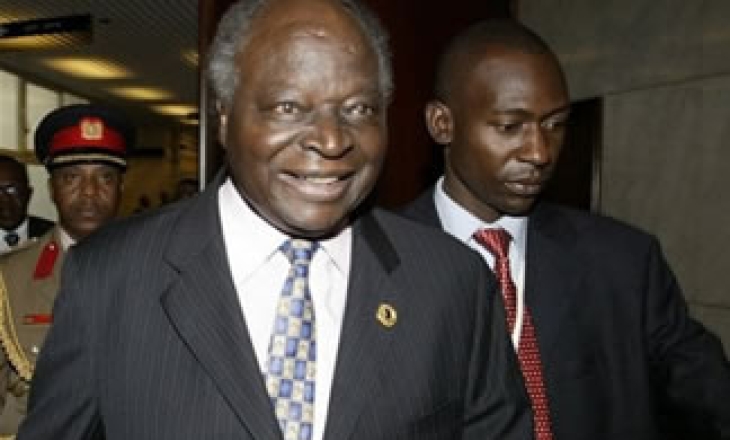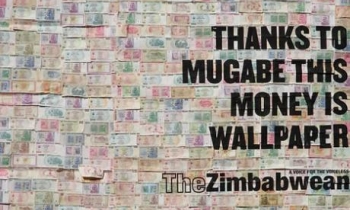Kenyan President Mwai Kibaki has approved a new media law despite local and international pressure to reject the legislation critics say undermines democracy, according to news reports. The amended media law provides for a new communications commission with powers to regulate broadcasting content and impose tougher fines or jail terms for press offences.
"I have assented to the bill," Kibaki said in a statement on January 2. "I wish to reiterate the commitment of my government to the ideals of press freedom and democracy and assure the media and the public in general that we shall not roll back on the gains we have made in this regard. I however wish to appeal to the media to recognise that freedom must go hand in hand with responsibility. While press freedom is a cardinal pillar of democracy, this is a right that carries with it special duties and responsibilities."
Also known as the "ICT Bill", the new legislation provides for heavy fines and prison sentences for press offences. It also gives the government, above all the information and interior ministries, authority over the issuing of broadcast licences and the production and content of news programmes.
Prime Minister Raila Odinga's Orange Democratic Movement, which is in a coalition government with President Kibaki's alliance, said on December 13 that it would file a legal challenge to the law if Kibaki ratified it. "That is the party's position," a spokesman said on condition of anonymity. "If the president ratifies this bill, the ODM will take it to the courts."
"This is a major step backwards in the history of press freedom in Kenya," Paris-based Reporters sans Frontières (RSF) said. "We have for weeks been joining Kenyan journalists in denouncing this bill's reactionary and repressive nature. We do not understand President Kibaki's decision, which will seriously undermine civil liberties in his country."
Kenya's Media Council said it was shocked and disappointed by Kibaki's move and some commentators said it was a bad law, according to a Reuters report. "This bill returns Kenya to authoritarianism. It is totally unacceptable," Paul Muite, a lawyer and former member of parliament, told KTN television. He said the fact that Odinga had called for the bill to be rejected was a worrying sign at a time when Kenya's coalition government was seeking to introduce reforms—designed to avoid a repeat of post-election violence in 2008.
Prime Minister Odinga himself criticised the controversial communications bill on January 5, saying he was surpised the president had signed into law a measure opponents claim will stifle press freedom, according to Agence France-Presse (AFP).
"There were no consultations on this issue. Personally I felt it was not advisable to pass such a bill and I even talked to the president about it. I was surprised to learn that he has signed it," Odinga told reporters. "I intend to meet President Kibaki to discuss this contentious media bill because it is oppressive to the democratic gains achieved in the country," he added.










